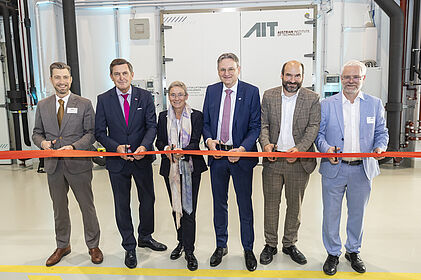A recent report by the Stockholm Peace Research Institute (SIPRI) details that we are living in a new era of complex and often unpredictable risks. Multiple crises overlap and reinforce each other: coronapandemic, climate change, biodiversity loss, energy crisis, inflation, the war in Ukraine, and many other geopolitical tensions are increasingly affecting the lives of more and more people. The multiple crises have massive economic and social impacts: These range from a shift in the "terms of trade" and thus prosperity in different regions to social tensions that can pose a serious threat to democracy.



